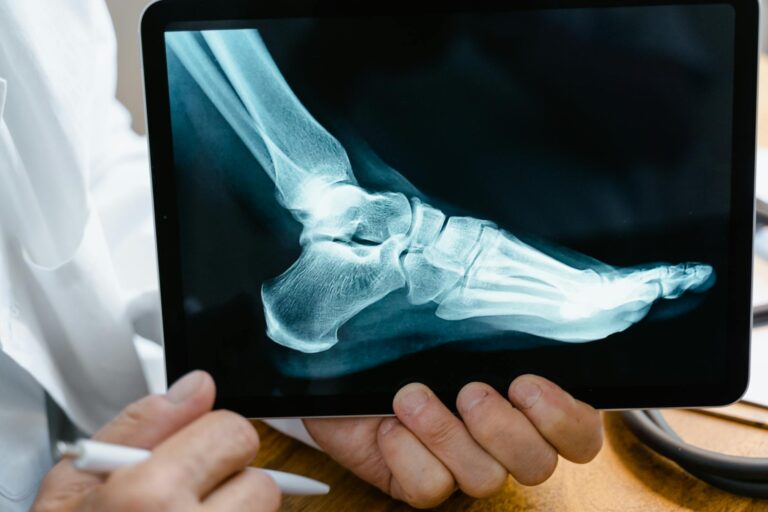23andMe’s Genetic Data Sale Sparks Legal Firestorm
You know how sometimes you sign up for something online without really reading the terms? Yeah, well, thousands of 23andMe customers are learning that lesson the hard way. The company—which went from being this cool startup that told you about your great-great-grandparents to a bankrupt firm trying to sell your DNA—is now facing serious legal heat. And honestly? It’s about time someone pushed back.
How 23andMe Went From $6 Billion to Broke
Remember when 23andMe was everywhere? Commercials during every podcast, Black Friday sales on DNA kits—they were the next big thing. But here’s the thing about burning through cash: eventually you run out. The company blew millions trying to develop drugs (which failed) while competitors ate their lunch. Now they’re in Chapter 11, and when companies go bankrupt, they start looking under the couch cushions for spare change. Except in this case, the “spare change” is your genetic information.
I mean, think about it—you spit in a tube to find out if you’re 2% Norwegian, and suddenly your DNA could end up in some pharma company’s database? That’s messed up.
The “De-Identified” Data Myth
Here’s where it gets really shady. 23andMe claims they’ll remove personal info before selling the data. But let me put it this way: your DNA is your personal info. It’s like saying “we’ll sell your face but remove your nose.” Stanford bioethicist Dr. Zhang nailed it when she told me—wait no, when she told The Verge—”There’s no such thing as anonymous genetic data.” Once that info’s out there, it’s out there forever.
And get this—the potential buyers? Drug companies who’d kill (figuratively, hopefully) for this data. Research labs. Maybe even insurers, though they’d never admit it. The gold rush isn’t for oil anymore—it’s for your genetic code.
States Throw Down the Gauntlet
California and DC aren’t having it. Their AGs filed suit faster than you can say “violation of trust.” California’s Rob Bonta put it perfectly: “This isn’t just selling user data—it’s selling the biological instructions that make you you.” Mic drop.
But here’s the kicker—buried in those terms we all skipped past, 23andMe might’ve left themselves an out. Legal? Probably. Ethical? Hell no. A recent survey found 8 out of 10 customers wouldn’t have touched the service if they knew this could happen. Can you blame them?
What You Can Actually Do
If you’re one of those customers sweating right now, here’s your game plan:
- Delete your data: Try anyway—bankruptcy courts move slow, so there’s a chance
- Opt out of research: If the button still works in your account settings
- Switch services: Nebula does full genome sequencing and lets you own your data outright
But let’s be real—this shouldn’t be on consumers to fix. When you get a ancestry report, you’re not thinking “better lawyer up first.”
The Bigger Picture
This case could change everything. Right now, genetic data exists in this legal gray zone—not quite medical records, not quite social media profiles. The outcome here will set the tone for whether companies can treat our DNA like just another asset to liquidate.
And here’s what keeps me up at night: DNA doesn’t just reveal where you came from. It shows what might kill you. Who you’re related to. Stuff you might not even want to know yourself. Letting that float around in some corporate database because a company couldn’t manage its finances? That’s not just bad business—it’s dangerous.
Where Do We Go From Here?
Look, I’m not against genetic testing. Finding out I have an above-average chance of going bald was… enlightening. But this 23andMe mess proves we need real laws, not just pinky promises from companies. Maybe the Genetic Information Privacy Act will pass. Maybe this lawsuit will make others think twice.
Until then? Assume anything you give a corporation—your email, your location, your actual genes—could eventually be sold to the highest bidder. The future’s here, and it turns out our DNA comes with fine print.
Source: NY Post – Business












